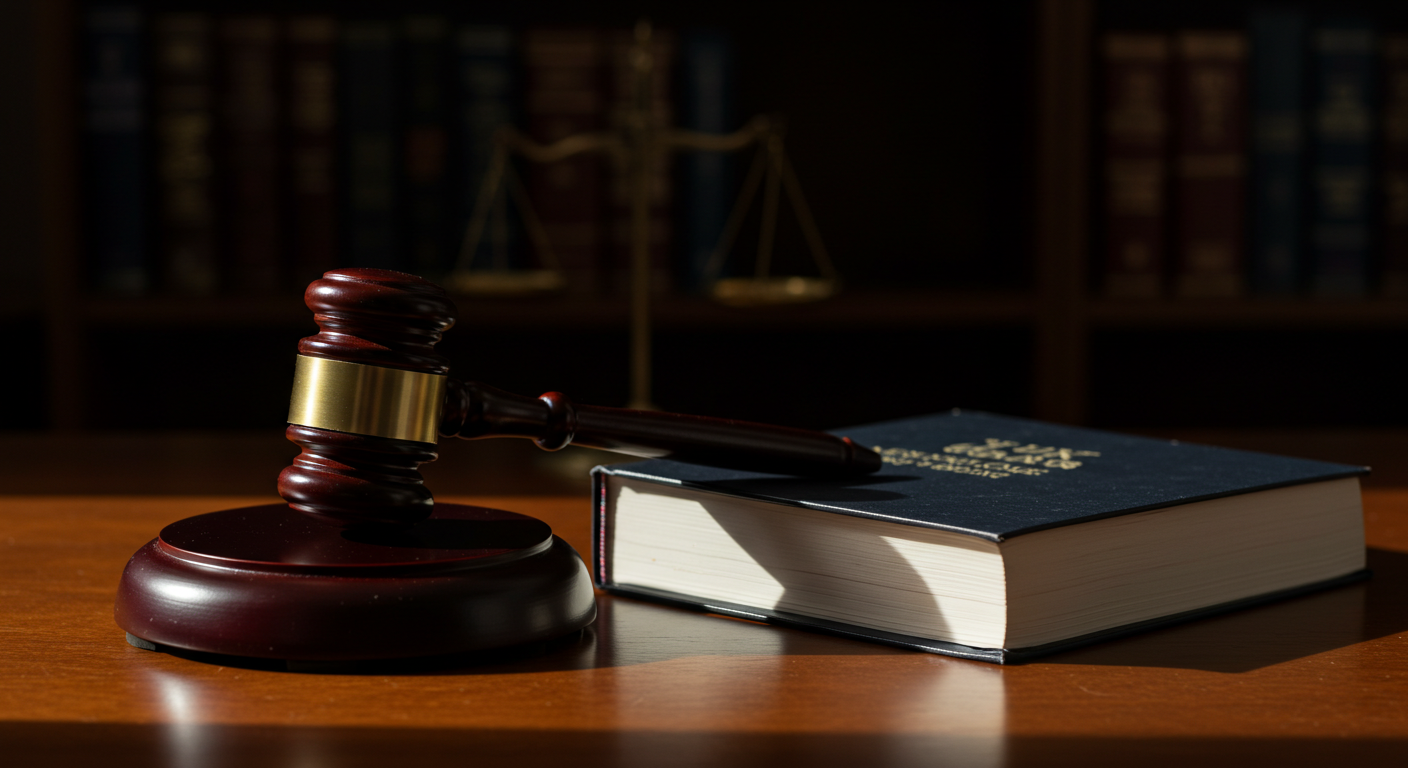Trading Standards Offences in England: The Law, Defences, Consequences, and the Critical Role of Legal Advice

Trading Standards Offences in England: The Law, Defences, Consequences, and the Critical Role of Legal Advice
In England, trading standards offences encompass a wide range of violations pertaining to consumer protection, fair trading, and product safety.
The Legal Framework

Trading standards laws in England are anchored in several key pieces of legislation:
- The Consumer Protection from Unfair Trading Regulations 2008: This regulation is pivotal in addressing deceptive or aggressive commercial practices. It prohibits misleading actions and omissions that distort consumer behaviour.
- The Weights and Measures Act 1985: This act enforces the precision of instruments used for commercial weighing and measuring, ensuring consumer transactions are fair and accurate.
- The Food Safety Act 1990: Central to food-related commerce, this act governs the safety, hygiene, and accurate labelling of food products, ensuring they meet health standards.
- The Trade Descriptions Act 1968: This act focuses on the authenticity of product descriptions, ensuring products are as described and not falsely represented.
Common Trading Standards Offences
Frequent offences include:
- False Representation: Deliberately misleading consumers about a product’s origin, nature, quality, or price.
- Counterfeit Goods: Selling products that violate intellectual property laws, like fake branded goods.
- Faulty or Unsafe Products: Distributing products that fail to comply with safety regulations, potentially endangering consumers.
- Incorrect Weights and Measures: Trading with inaccurate scales or measures, leading to consumer deception.
- Food Safety Violations: Marketing food that is unsafe or incorrectly labelled, posing health risks to consumers.
Consequences of Conviction

Convicted offenders face serious repercussions:
- Fines: The courts can impose unlimited fines based on the severity of the offence.
- Imprisonment: Severe violations can lead to incarceration, reflecting the gravity of the offence.
- Reputational Damage: A conviction can tarnish a business’s public image, leading to loss of consumer trust and future business.
- Closure of Business: In extreme cases, businesses may be shut down as a result of legal violations.
Defence Strategies
Developing a defence against these charges often involves complex legal arguments:
- Lack of Knowledge: Claiming ignorance of the offence, though this can be challenging to prove.
- Due Diligence: Demonstrating that all reasonable measures were taken to prevent the offence.
- Honest Mistake: Arguing that the violation was unintentional and due to an honest error.
The Importance of Legal Advice

The role of legal expertise cannot be overstated:
- Expertise in Law: Lawyers specialising in trading standards law can navigate the intricate legal landscape and provide tailored advice.
- Representation in Court: Effective legal representation is crucial for defending against charges or negotiating plea bargains.
- Navigating Investigations: Lawyers can guide businesses through investigative procedures, ensuring lawful conduct by authorities.
- Mitigating Damage: Legal advisors can help minimise the impact on a business’s reputation and operations.
Conclusion: Navigating Trading Standards Offences in England

Trading standards offences in England are a complex legal area with significant implications for businesses and individuals. The potential for severe penalties necessitates a thorough understanding of the relevant laws, defences, and the judicial process.
In such a challenging legal environment, seeking professional legal advice is not just beneficial; it is essential. Legal counsel plays a pivotal role in navigating these complexities, safeguarding rights, and striving for the most favourable outcome under the circumstances.
Notice: Informational Content Disclaimer
The content provided on this website, including articles, blog posts, and other informational materials, is intended for general informational purposes only. It is not intended as, and should not be considered, legal advice.
Visitors to this website should be aware that the information presented here is not a substitute for seeking legal advice from a qualified solicitor or legal professional. Each individual's legal situation is unique, and the information provided may not be applicable to specific circumstances.
If you require legal advice or have specific legal questions, we encourage you to contact us directly. Our experienced team of solicitors is here to assist you with your legal needs and provide tailored advice to address your concerns.
Please be advised that any communication through this website, including the use of contact forms or email, does not create a solicitor-client relationship. Confidential or time-sensitive information should not be sent through this website. To establish a solicitor-client relationship and discuss your legal matters in detail, please contact us for a consultation.
We strive to provide accurate and up-to-date information, but we make no representations or warranties regarding the accuracy, completeness, or suitability of the information contained on this website. We shall not be liable for any reliance placed on the information provided herein.
Thank you for visiting our website. We look forward to the opportunity to assist you with your legal needs.




